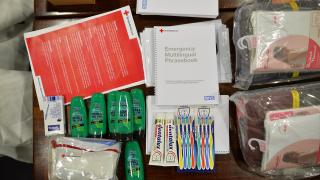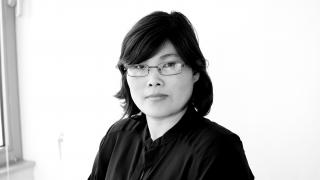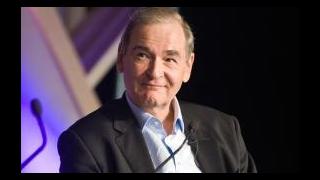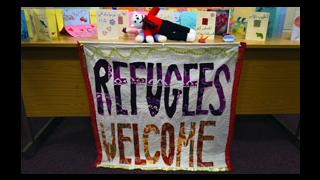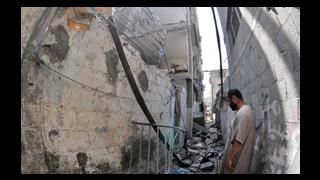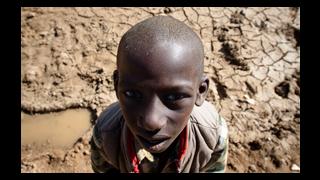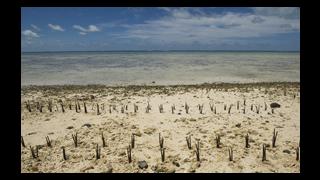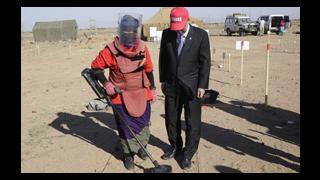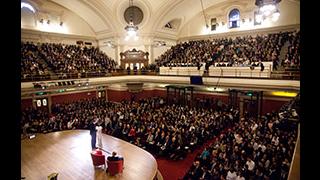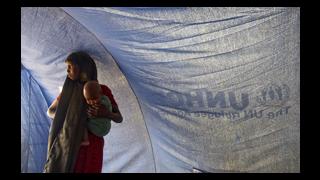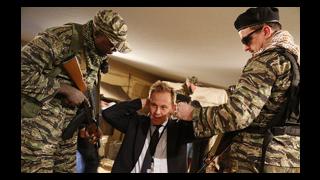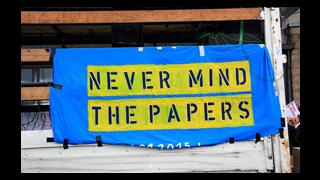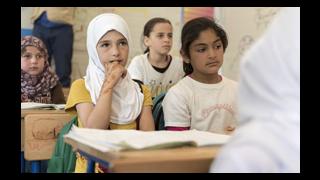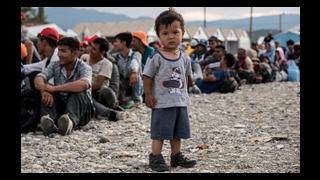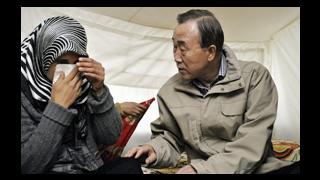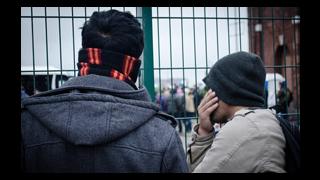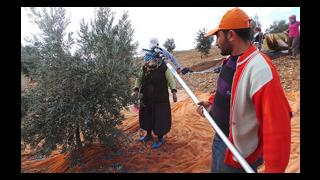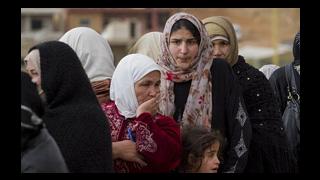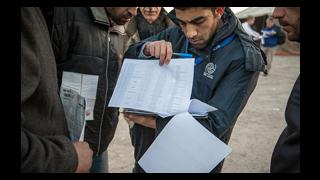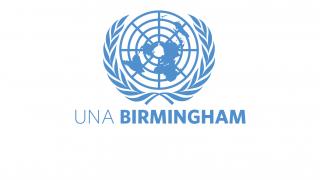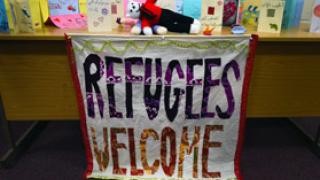
Julia Neuberger DBE is Senior Rabbi at West London Synagogue and a crossbench member of the House of Lords
My mother was a 22-year-old refugee from Nazi Germany. She worked her socks off to get her younger brother out after Kristallnacht, and then both her parents just before the Second World War. Most of the rest of her family perished in extermination camps.
On my father’s side, I am the grandchild of economic migrants – also from Germany. Those facts, coupled with the strong Jewish traditions about welcoming the stranger, because “you were strangers in the land of Egypt” (Exodus 22:21), make me increasingly depressed about Europe’s attitude, and indeed the world’s, to the huge movement of peoples from Africa and elsewhere, particularly those fleeing the horrors of Syria.
Under Angela Merkel, Germany set a remarkable lead in 2015, taking in over a million people. Her principled views on our duty towards refugees, and her words, “wir schaffen es” (“we can do this”), made a deep impression on me and many others. But she has suffered something of a backlash, and we are now witnessing a hardening of policy, and a diminution in the already limited language of welcome, all over Europe, from France to Greece, from Sweden to Denmark, and of course here in the UK.
Despite this charged political environment, churches, synagogues and mosques are trying to help. Many synagogues host ‘drop ins’ for destitute asylum seekers. They give them a real welcome, help with food and clothing, and offer some advice on medical and social care. Temporary shelters can be found around the country, staffed wholly by volunteers, and people of all faiths and none have been going to Calais to help the distressed, disorientated and confused refugees and migrants living in appalling conditions.
Good-hearted people have also been volunteering in countries such as Turkey, Jordan and Lebanon. It is vital that we keep reminding Europe that the vast majority of refugees continue to be hosted by their neighbouring states, in the Middle East, Africa and Asia.
So what else can we do? In parliamentary terms, we must do what we can – which is likely to be very little – to soften the worst proposals to limit entry and to deter people from even trying. In broader political terms, we can try to argue for a speedier, fairer, immigration review system, and for people to be treated with courtesy and kindness at all times. We may or may not get a sympathetic hearing.
But the faith communities within the UK could do more. We are stronger together than apart. The Church of England, the Roman Catholic Church, the free churches and the various denominations of Jewish, Muslim and other faith communities could amplify their efforts by working together, and there are already welcome signs of increased cooperation. If it becomes possible to welcome individuals and families, sponsored by institutions and private people, over and above the numbers the UK has said it will take in, then I hope that faith communities will take a lead.
Britain’s foreign policy bears some responsibility for the current situation. Our involvement in Libya ended with Gaddafi defeated. But it also led to a lawless warring country that many people are desperate to leave. Similarly, our lack of military involvement in Syria (and I am not suggesting I would have been in favour of such action) may have made it easier for Assad to continue shelling his own people. Foreign policy is not neutral. The effects on human beings have to be factored in, and we cannot abrogate responsibility for what happens as a result of our decisions, even if they seem to be taken so very far away.
So I would argue, both as a rabbi and as an independent member of the House of Lords, that there is more we could do and more we should do. We cannot just stand back. Few of us have families who have been here since Roman times. Or since William the Conqueror. Most of us are much more recent arrivals, with a folk memory of our families coming to the UK from elsewhere. We should never forget it. That memory should move us to action, and to sympathy.
Photo: Cards and posters made by children in Belfast to welcome eleven Syrian refugee families in December 2015. Copyright Charles McQuillan

